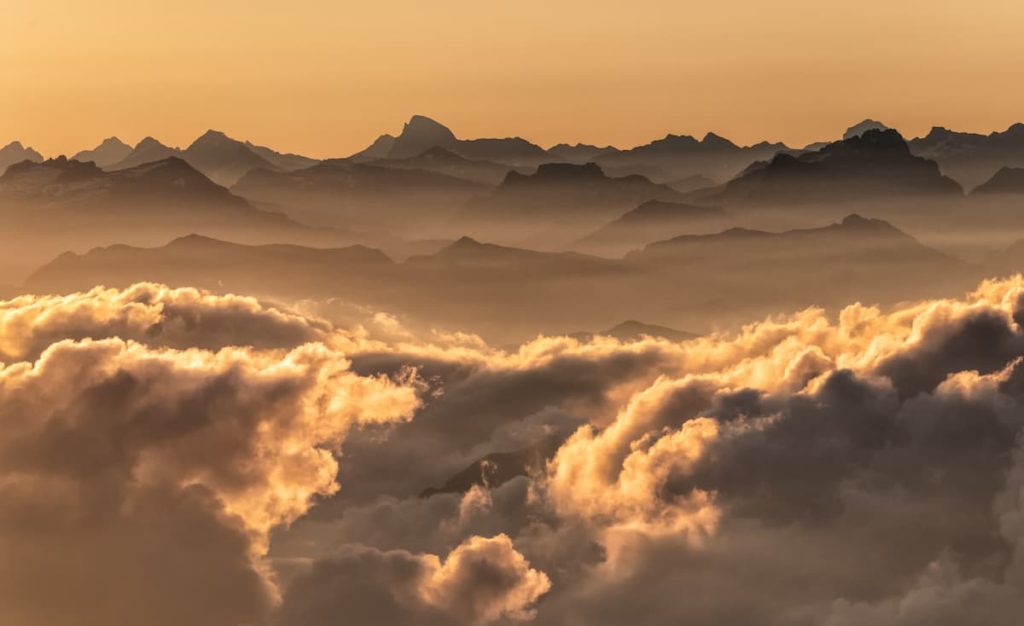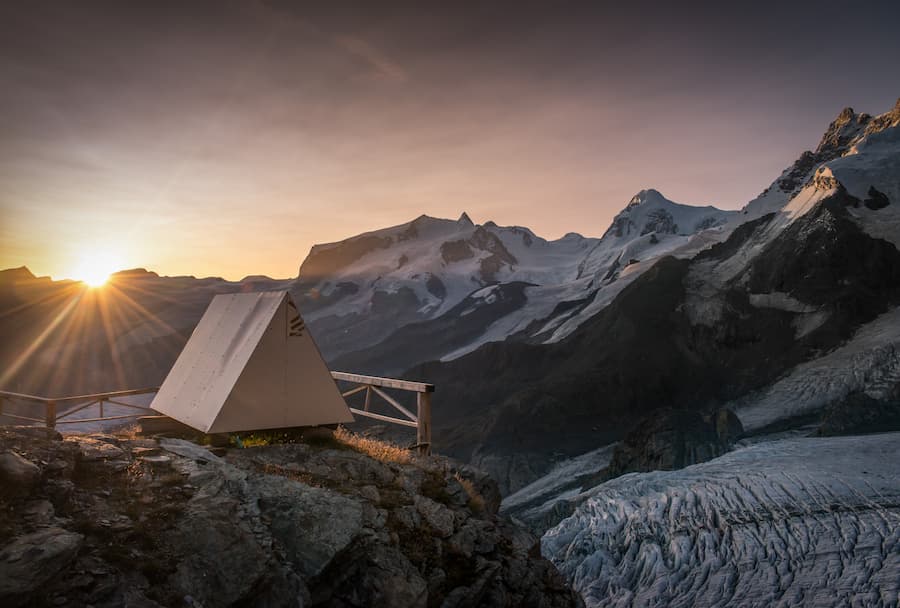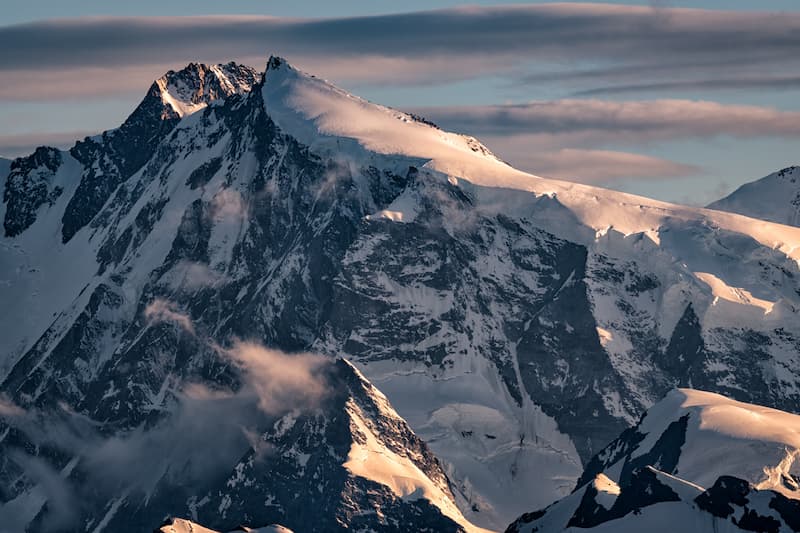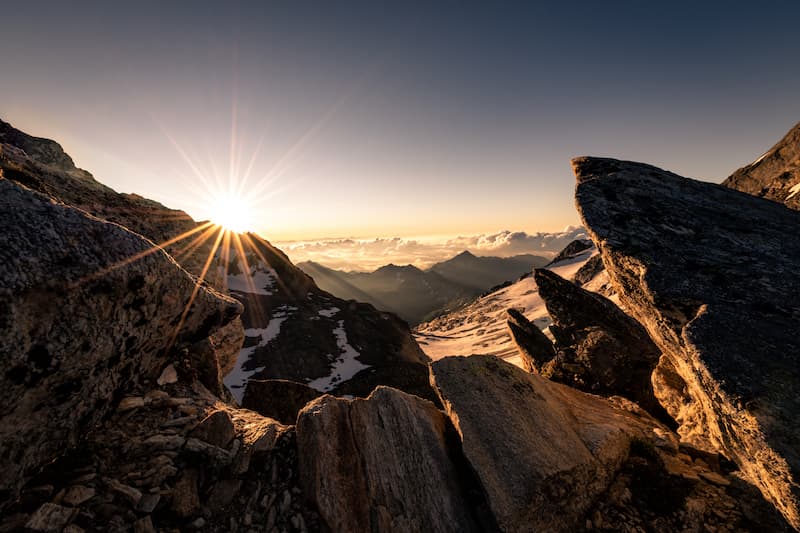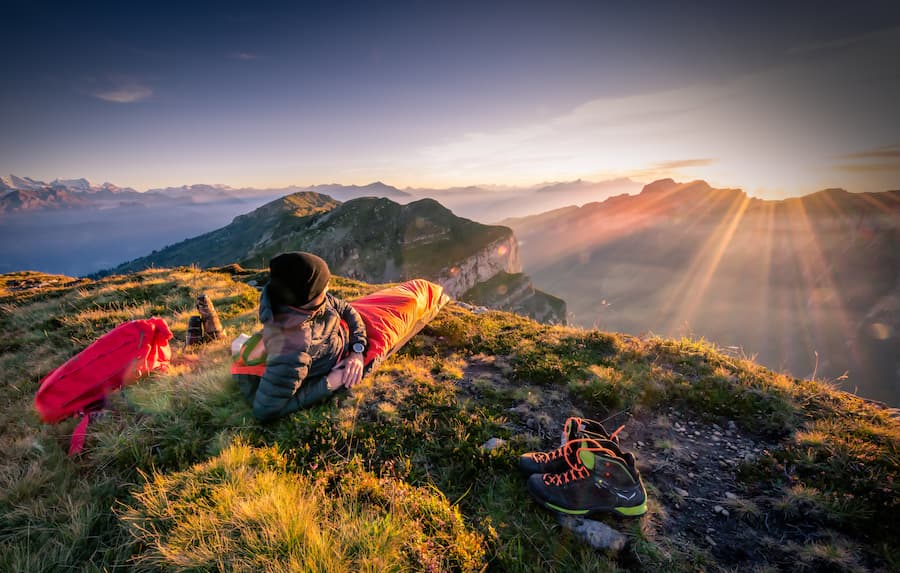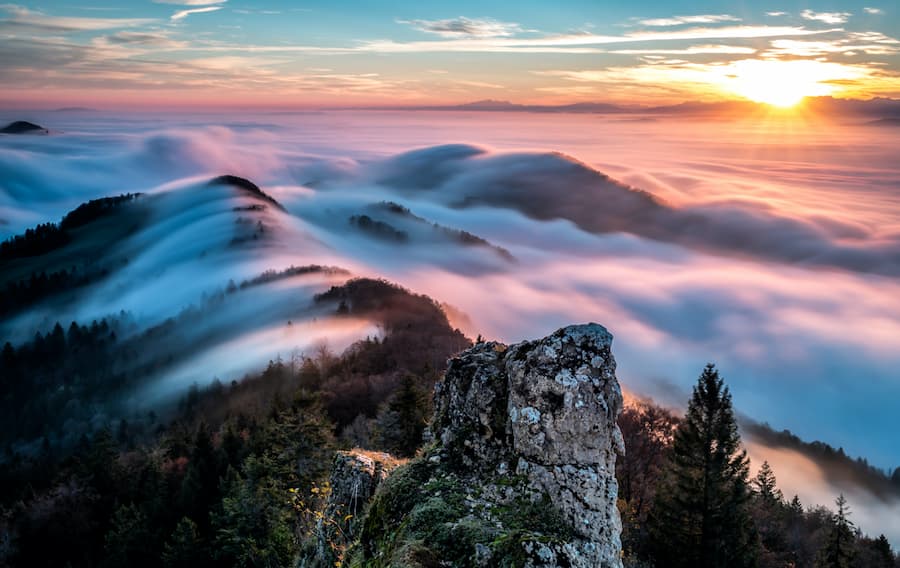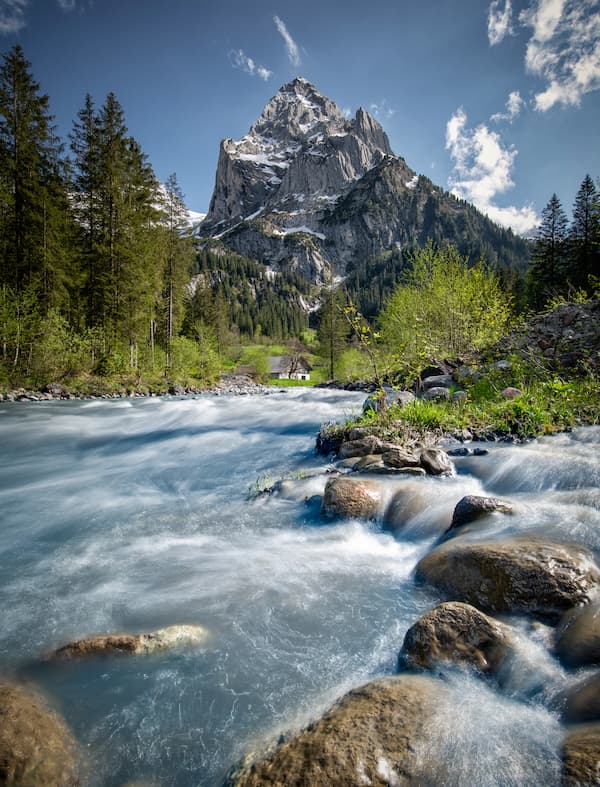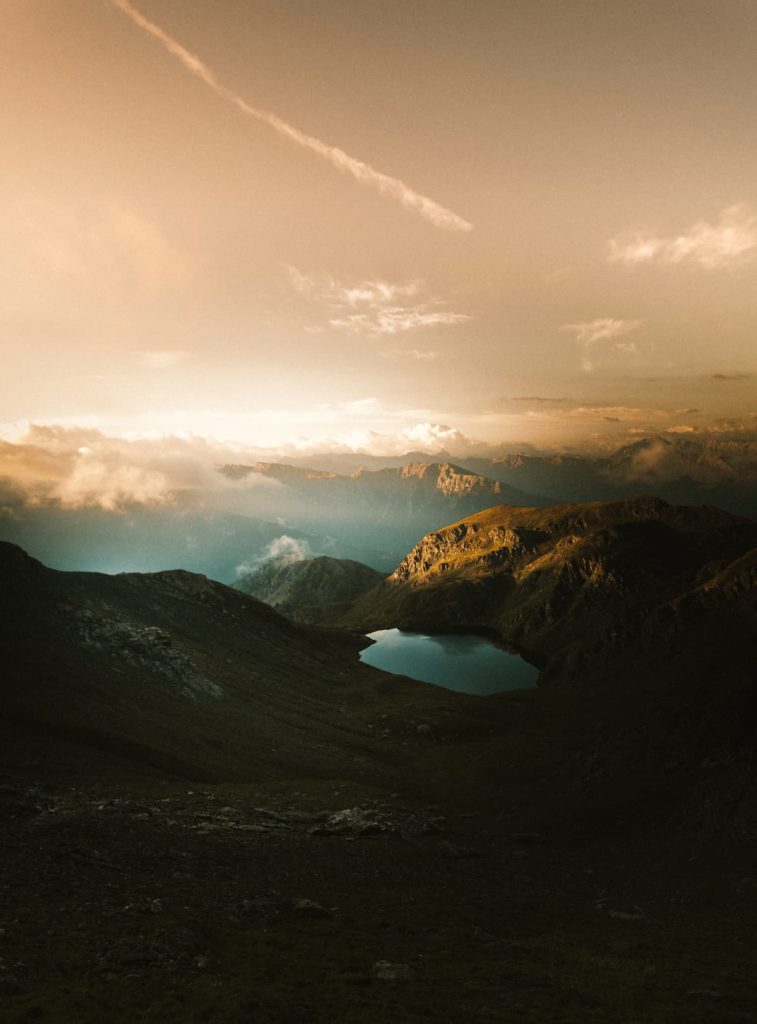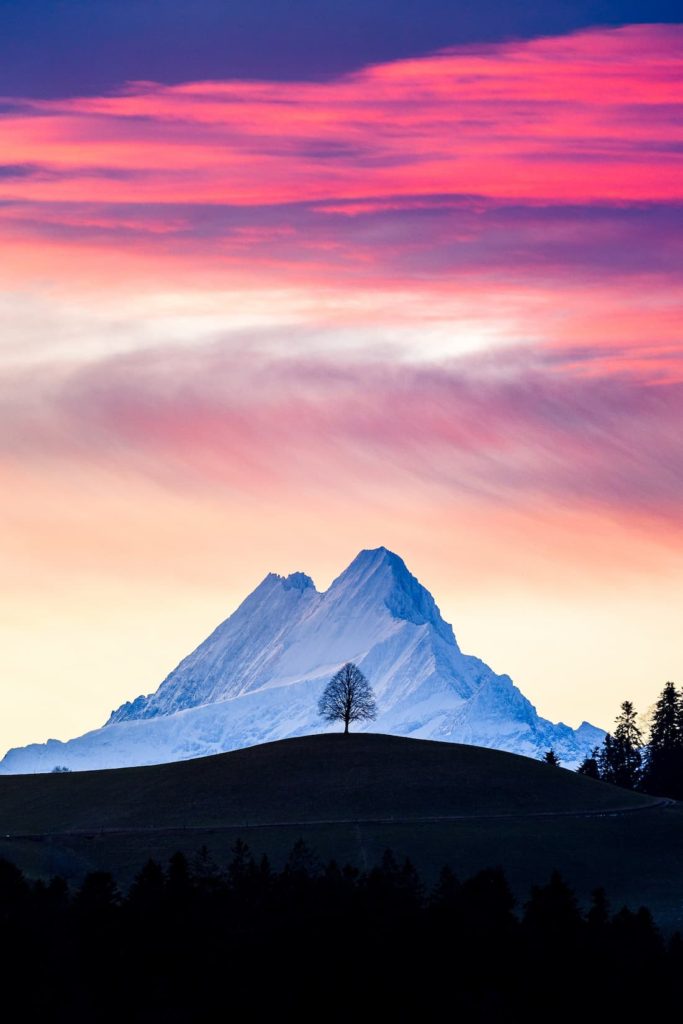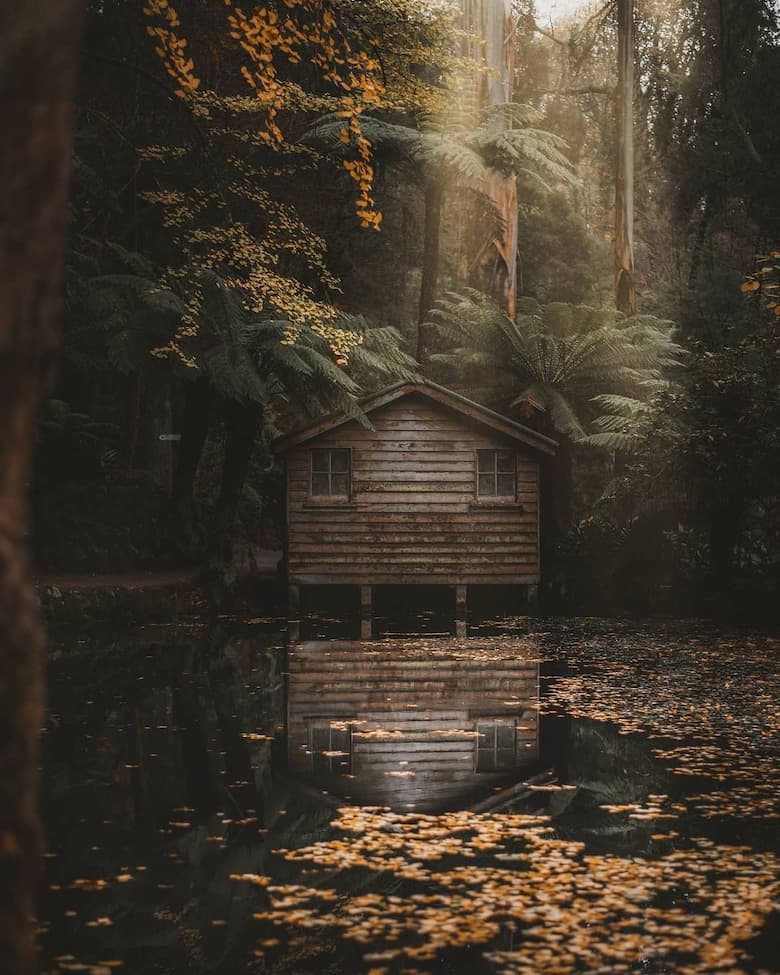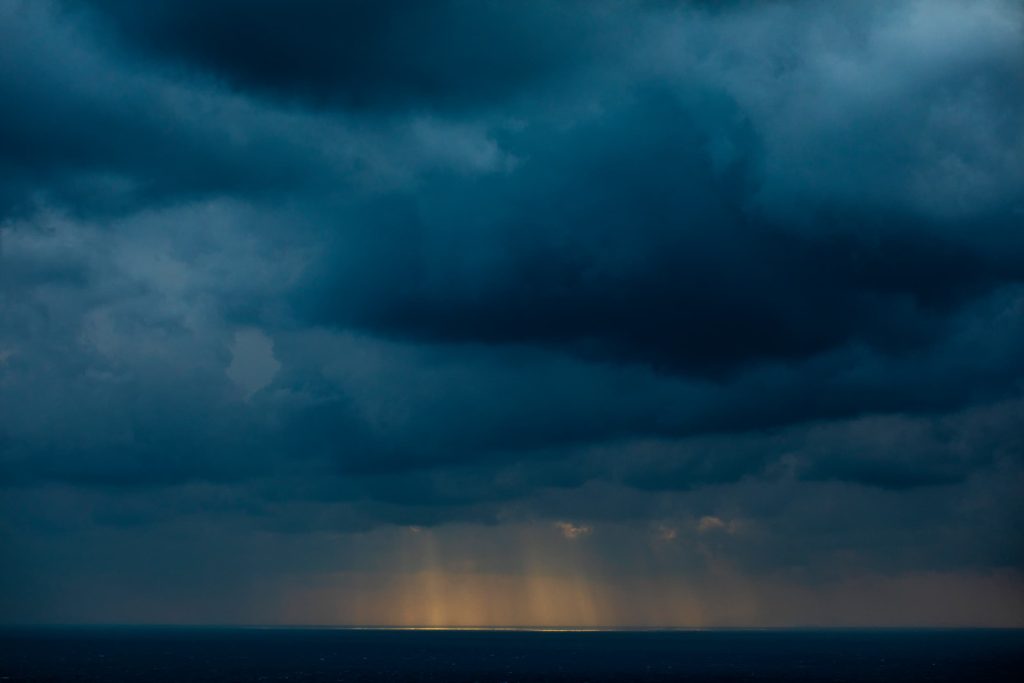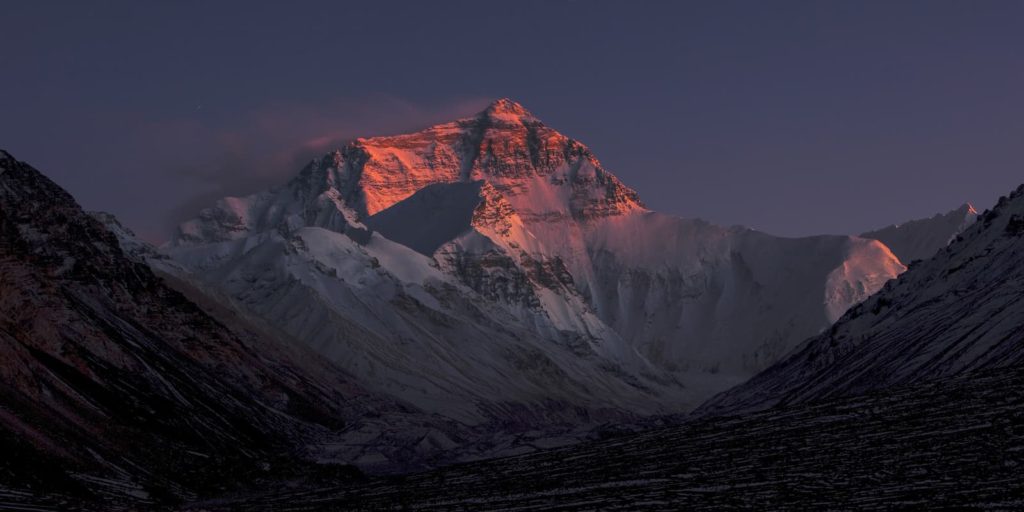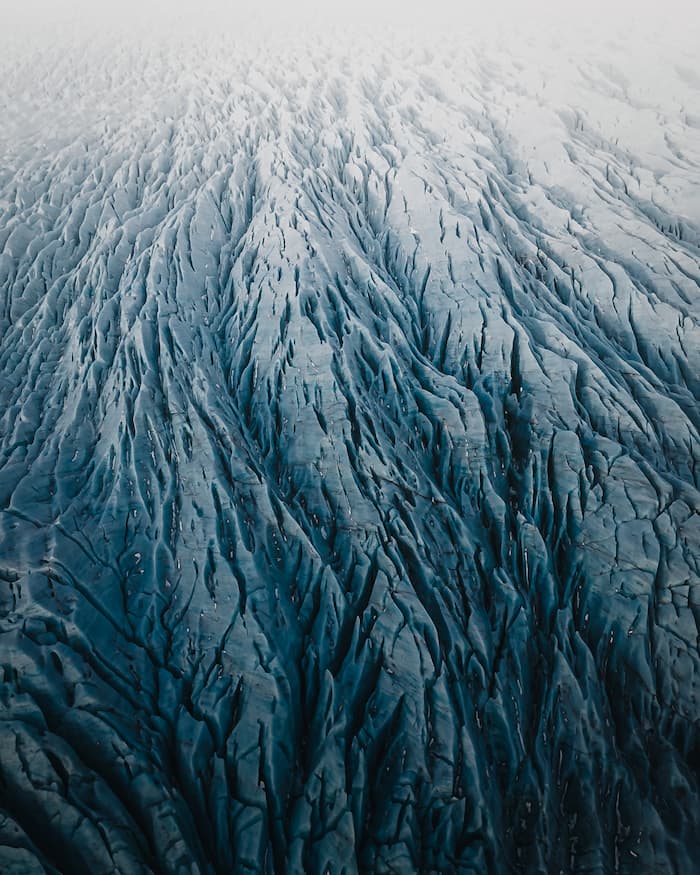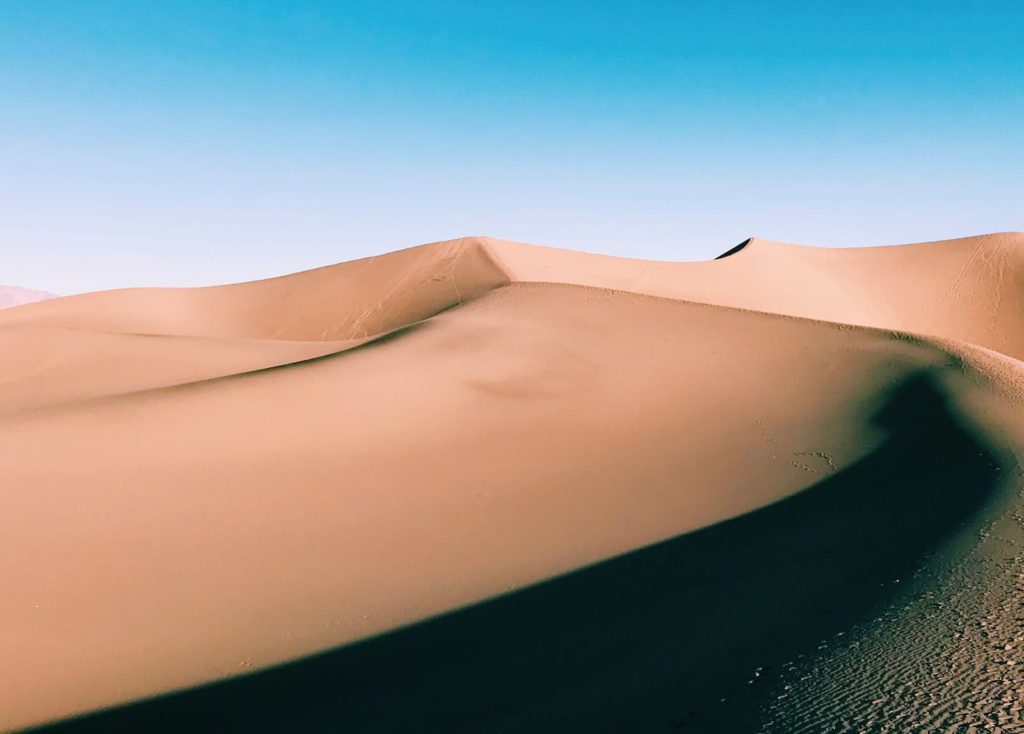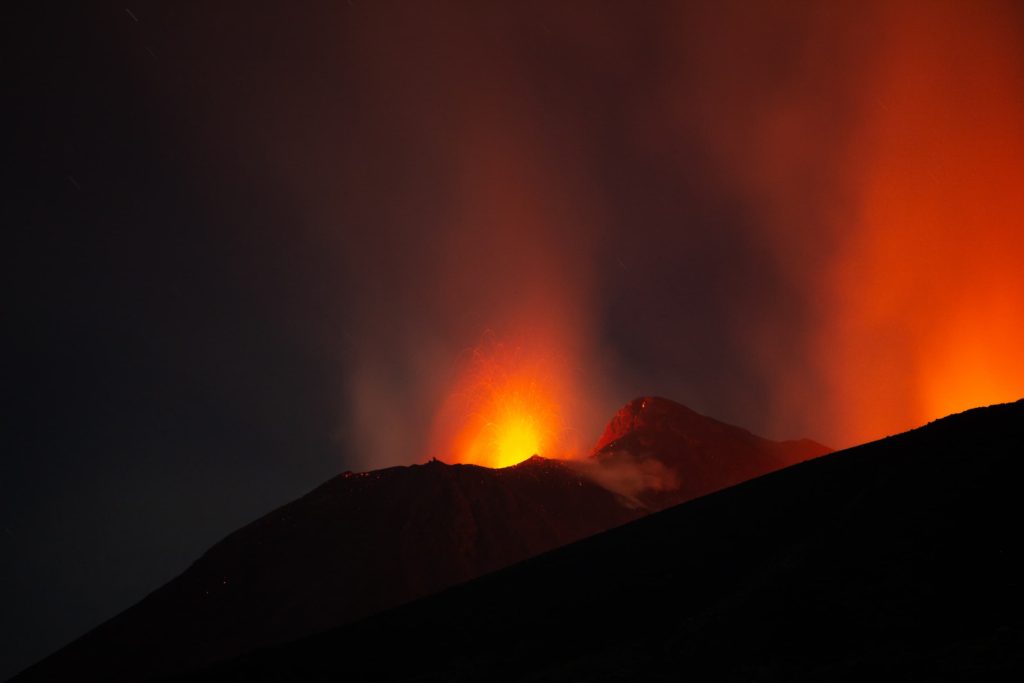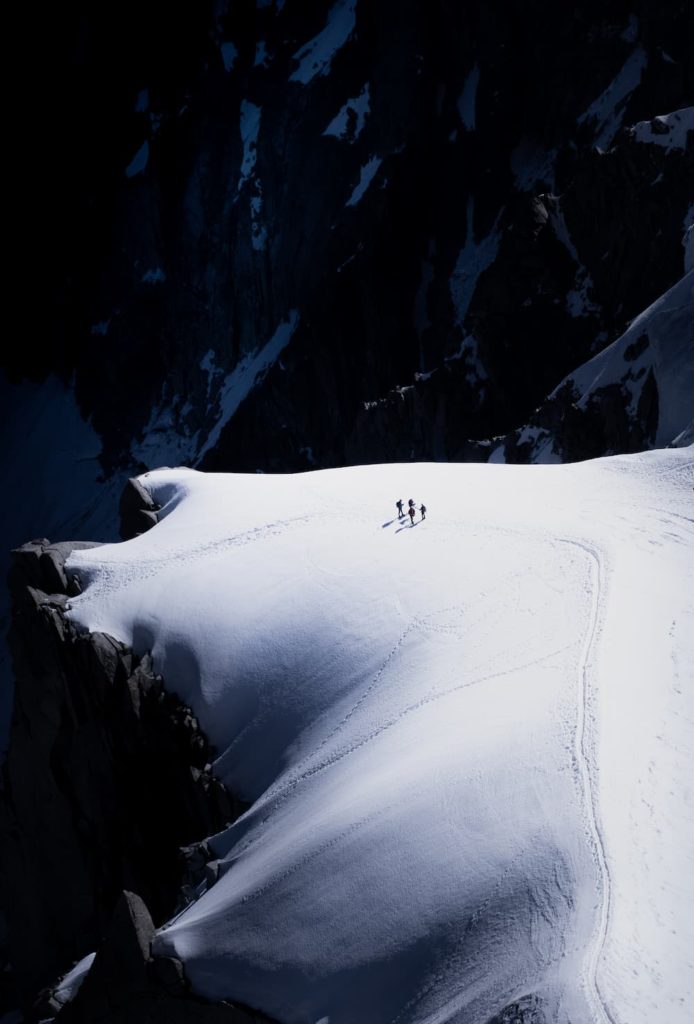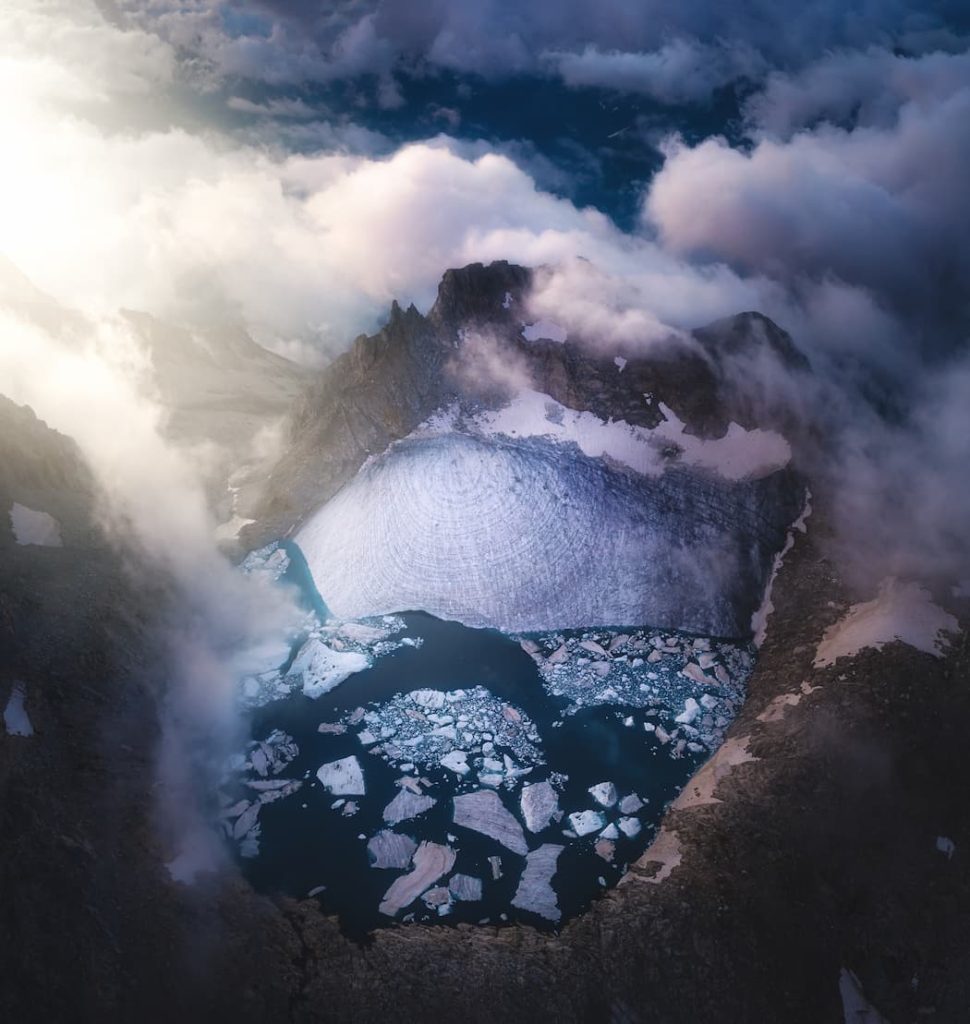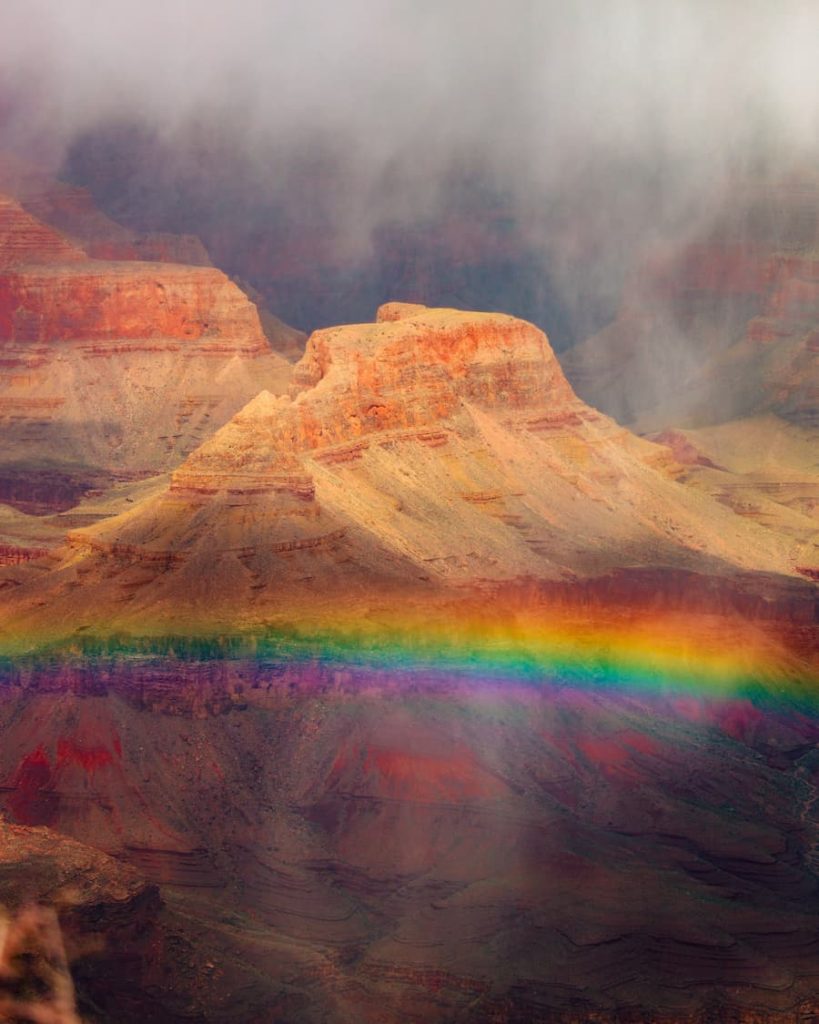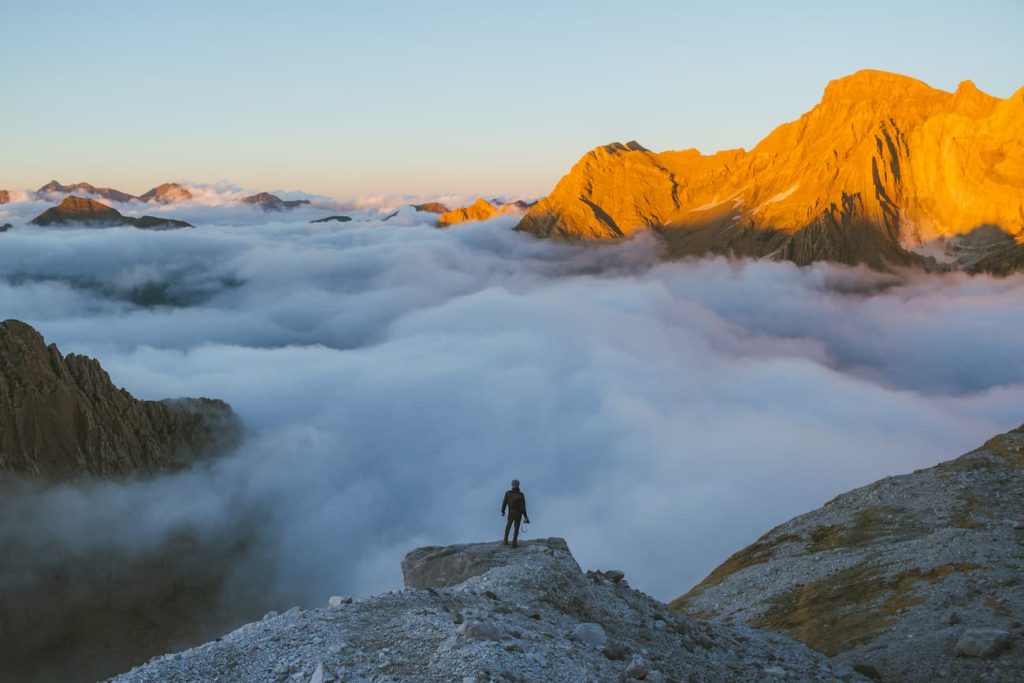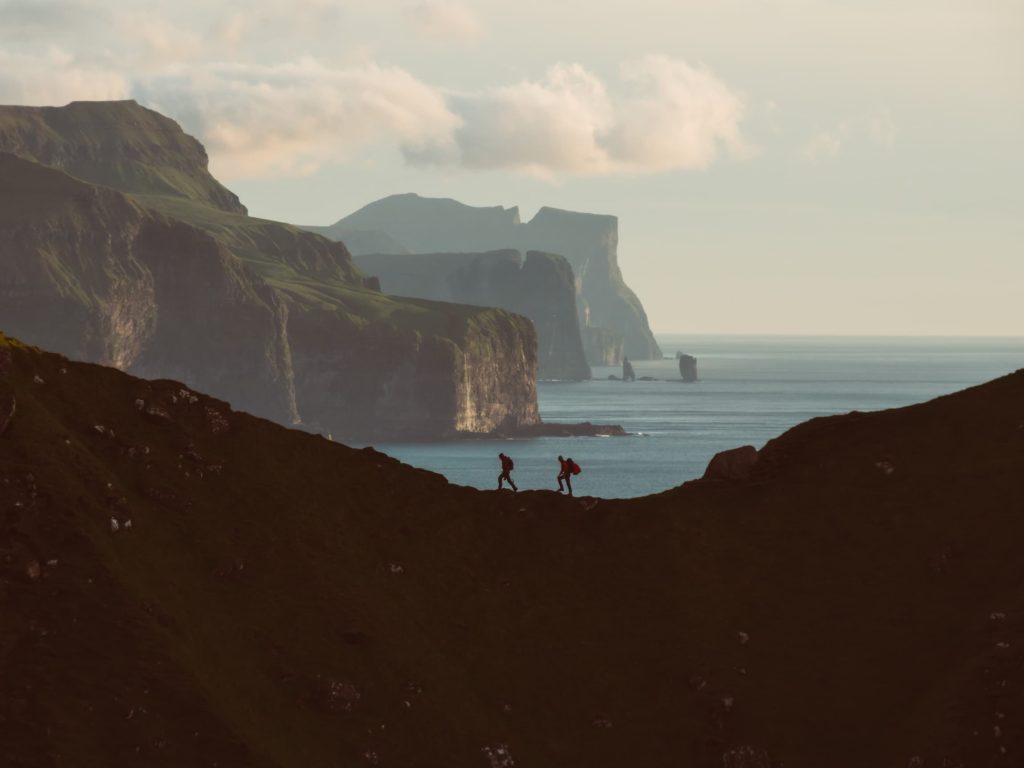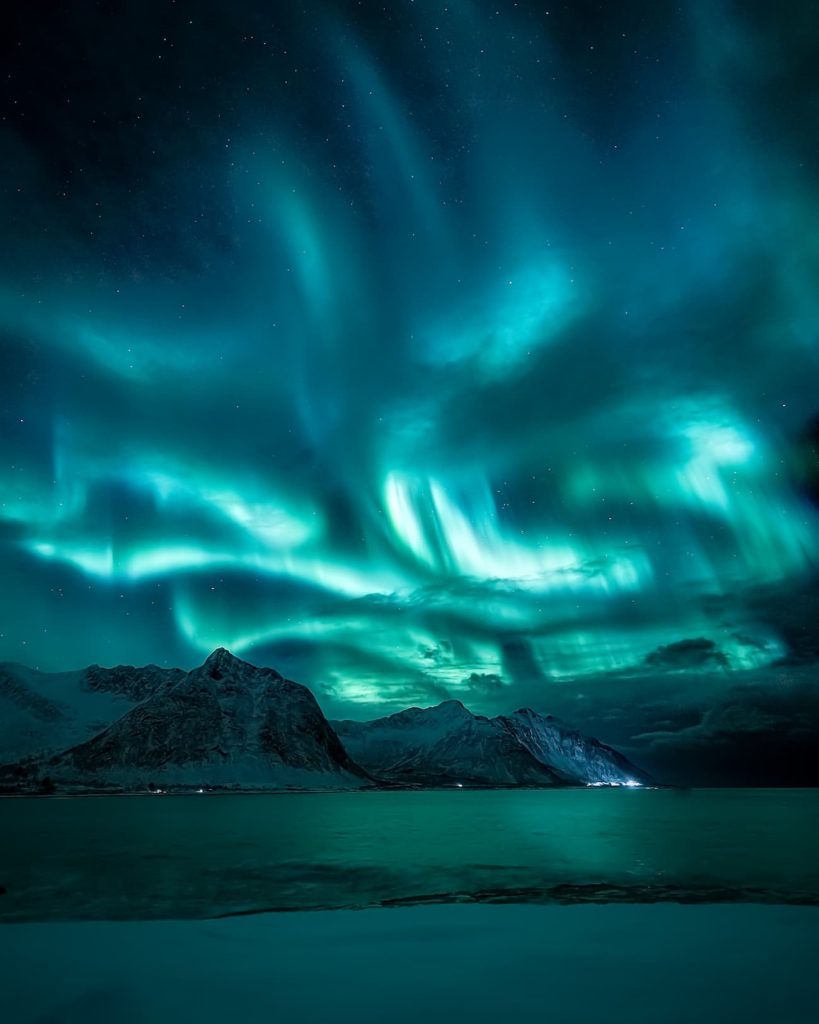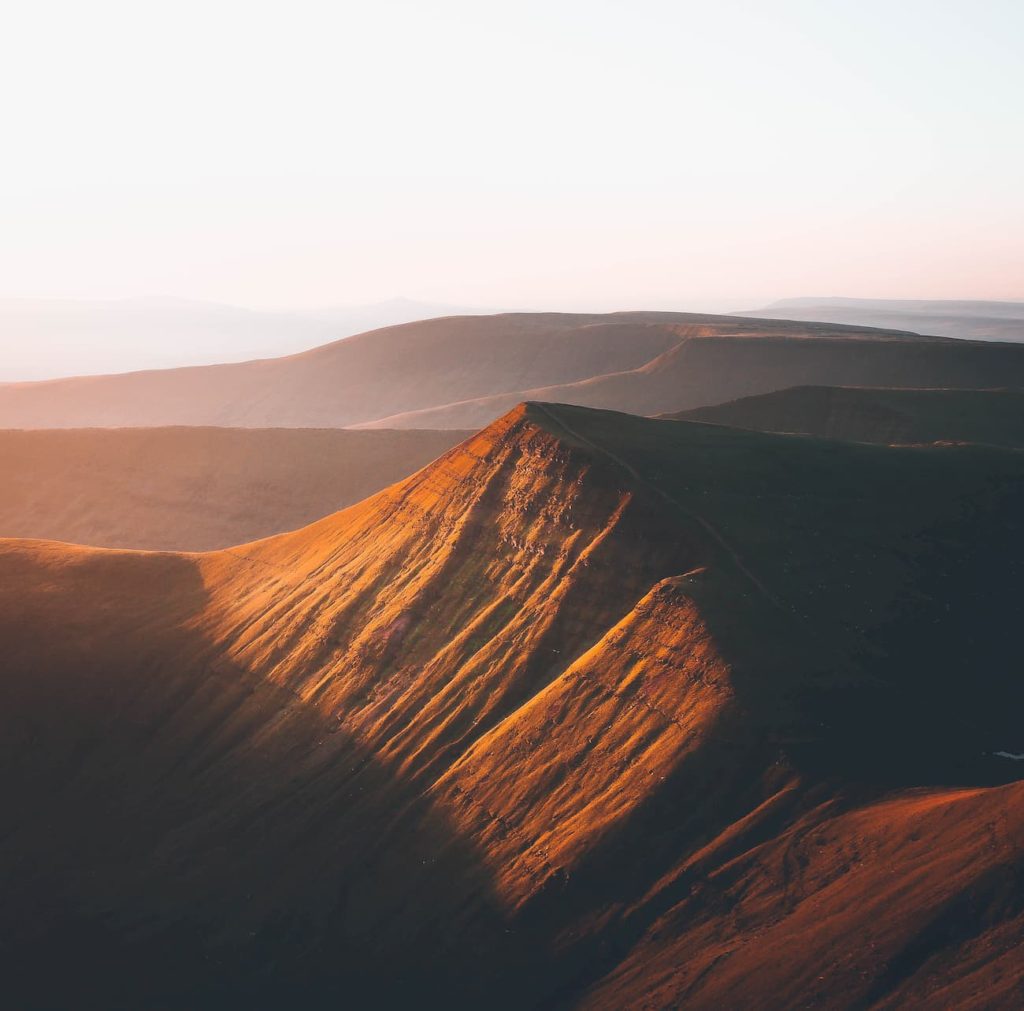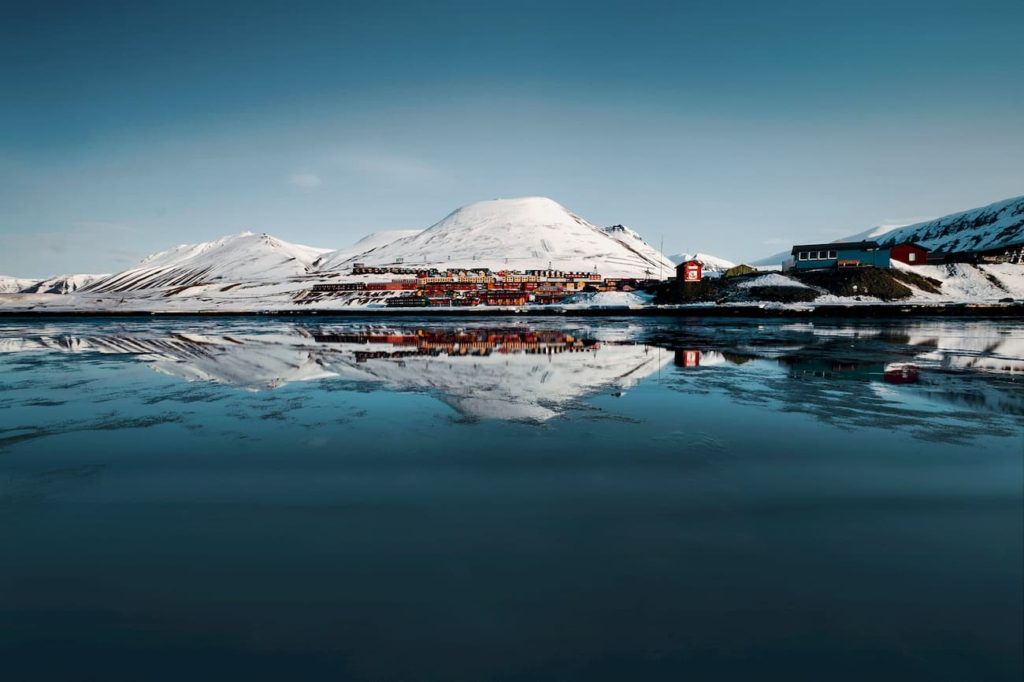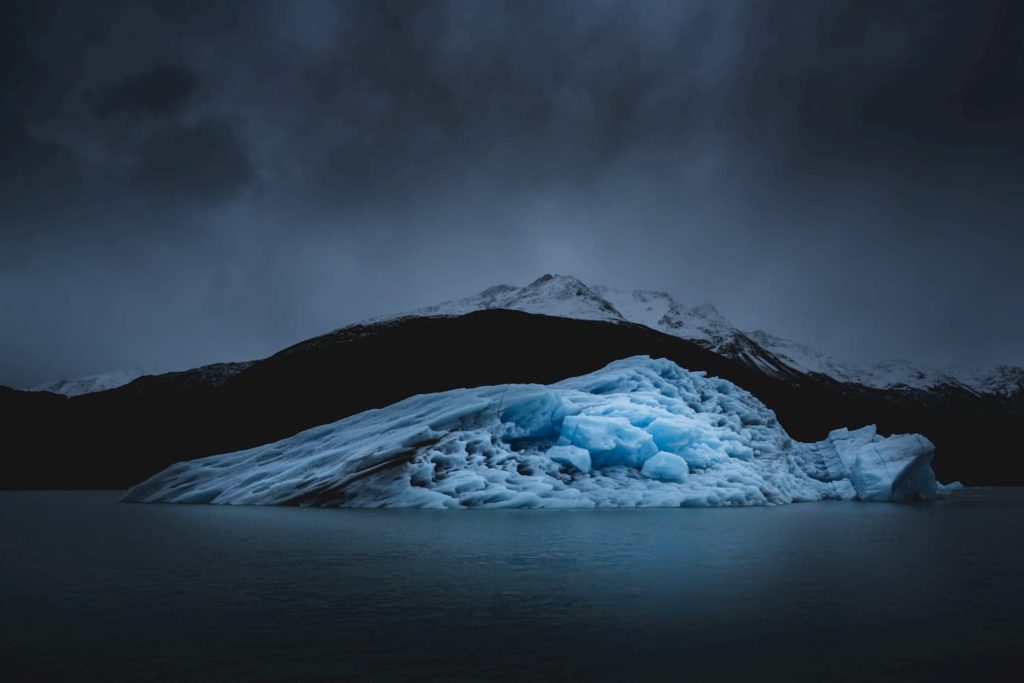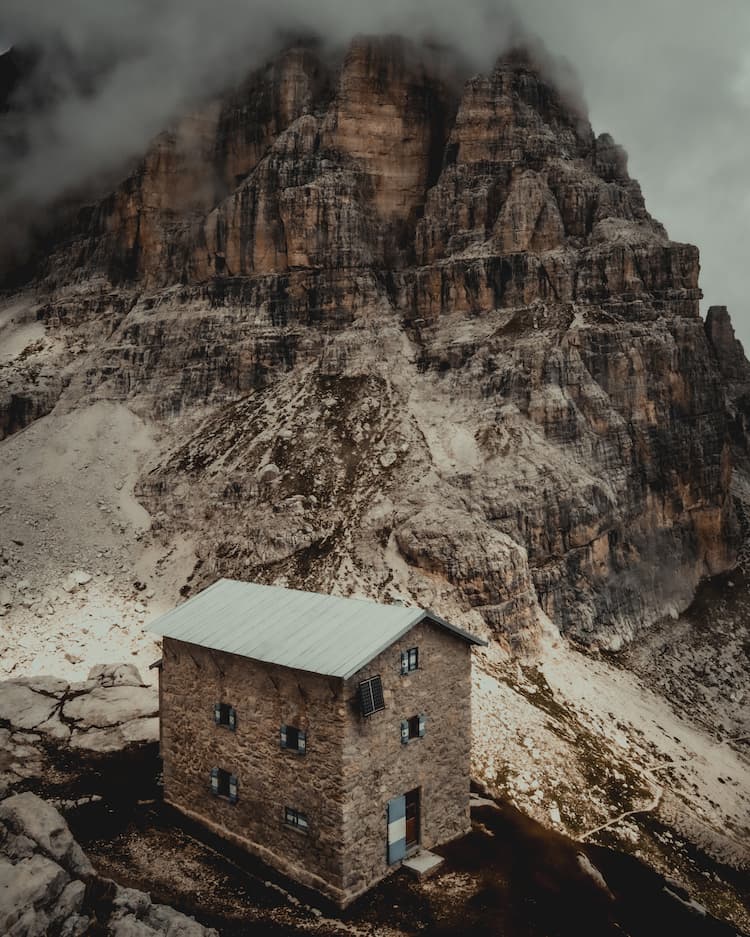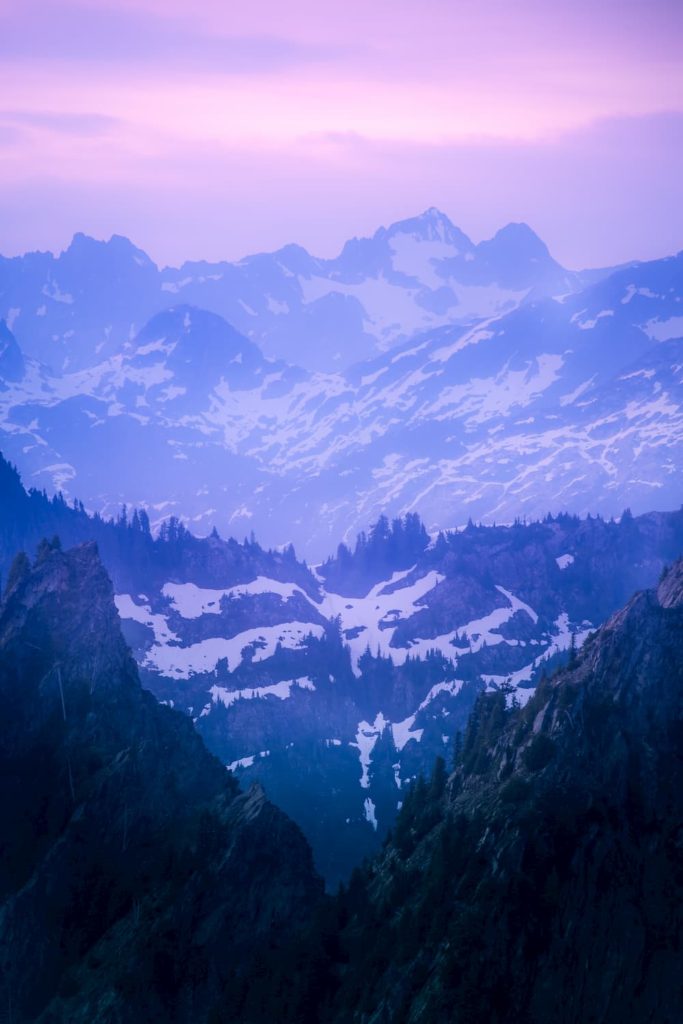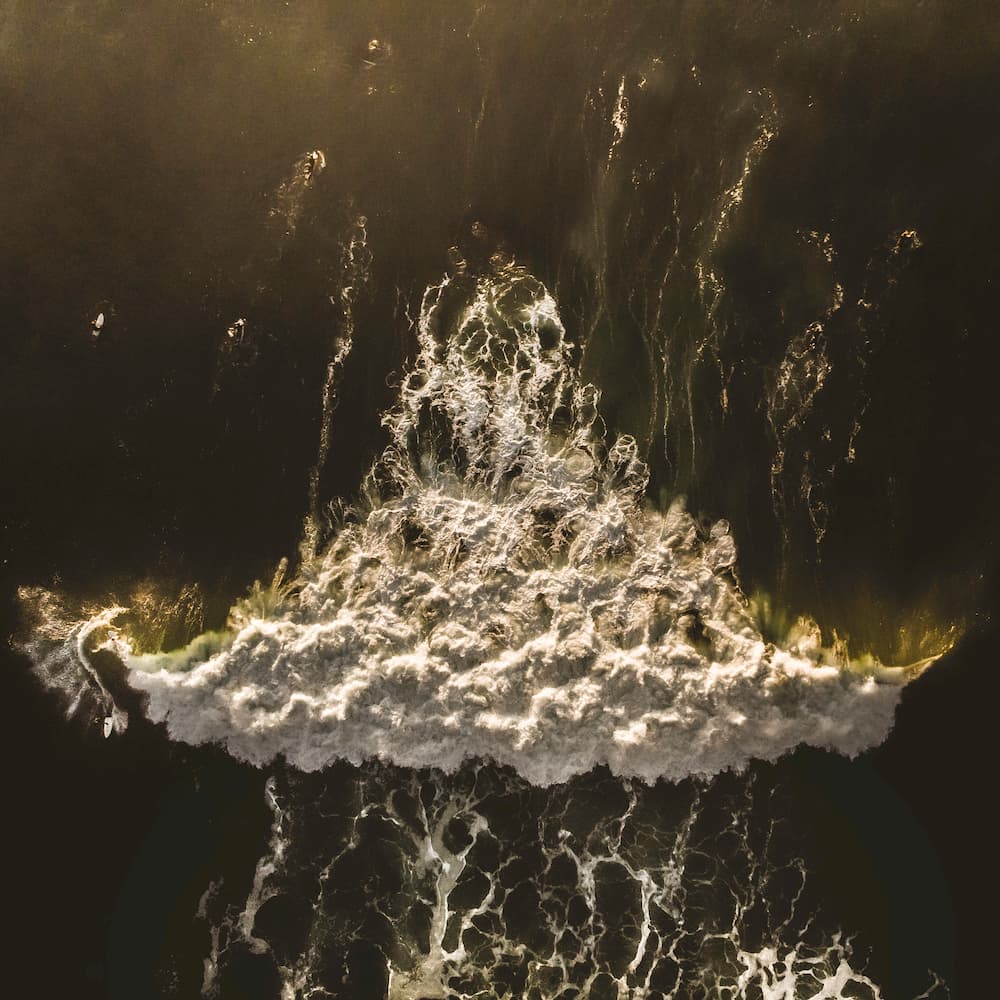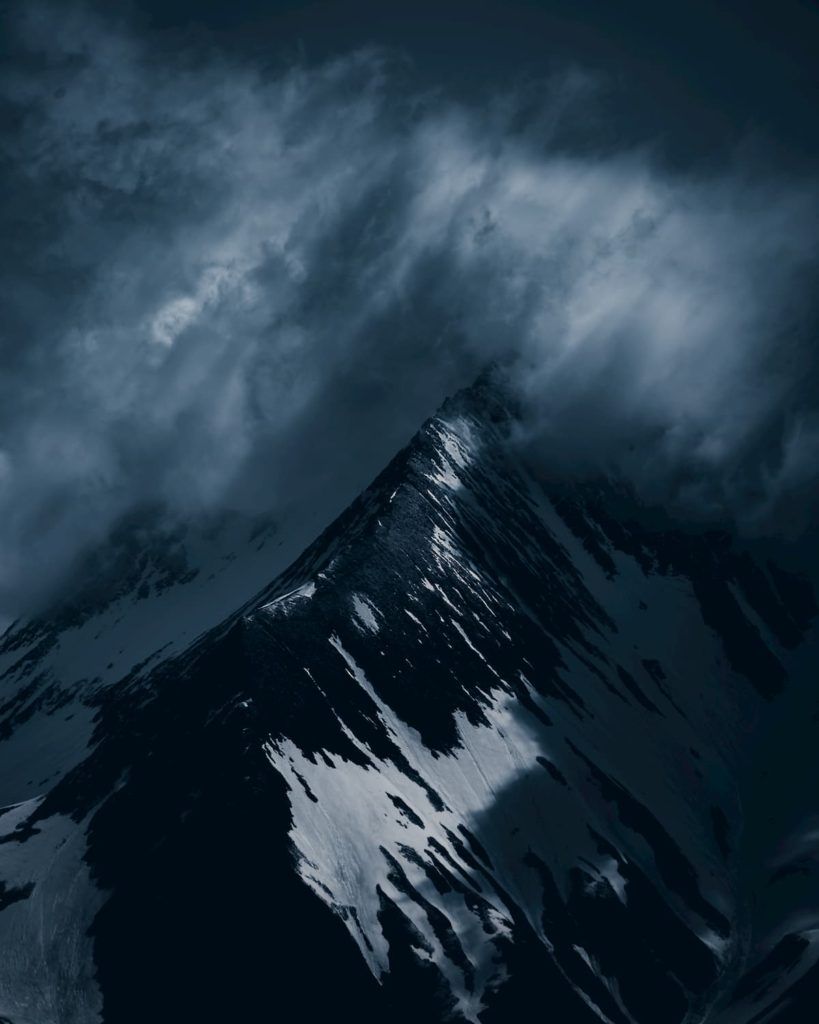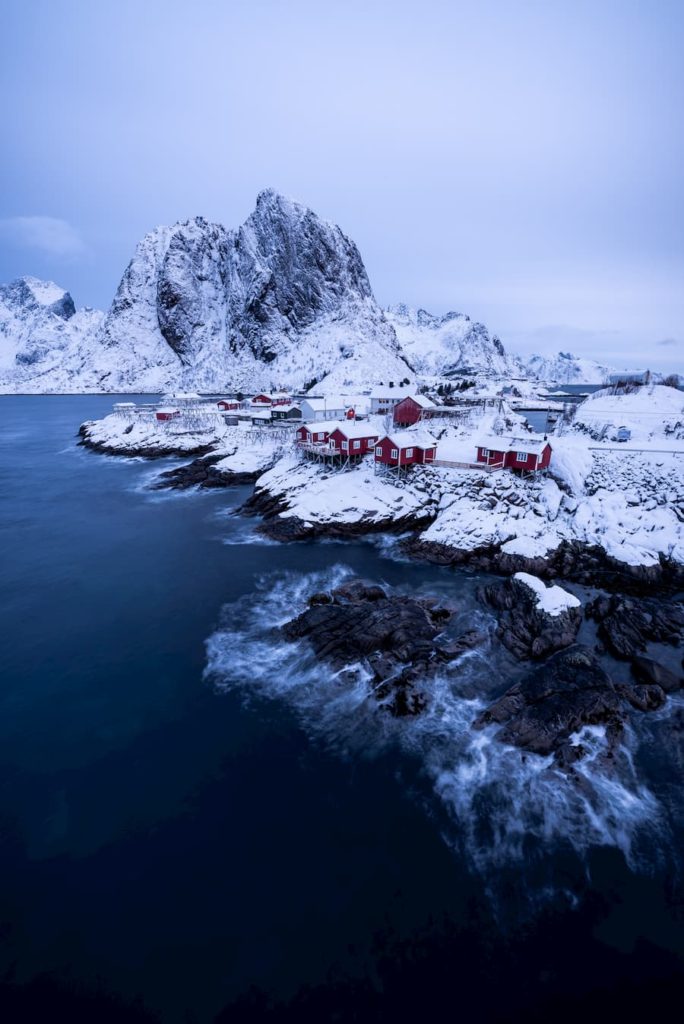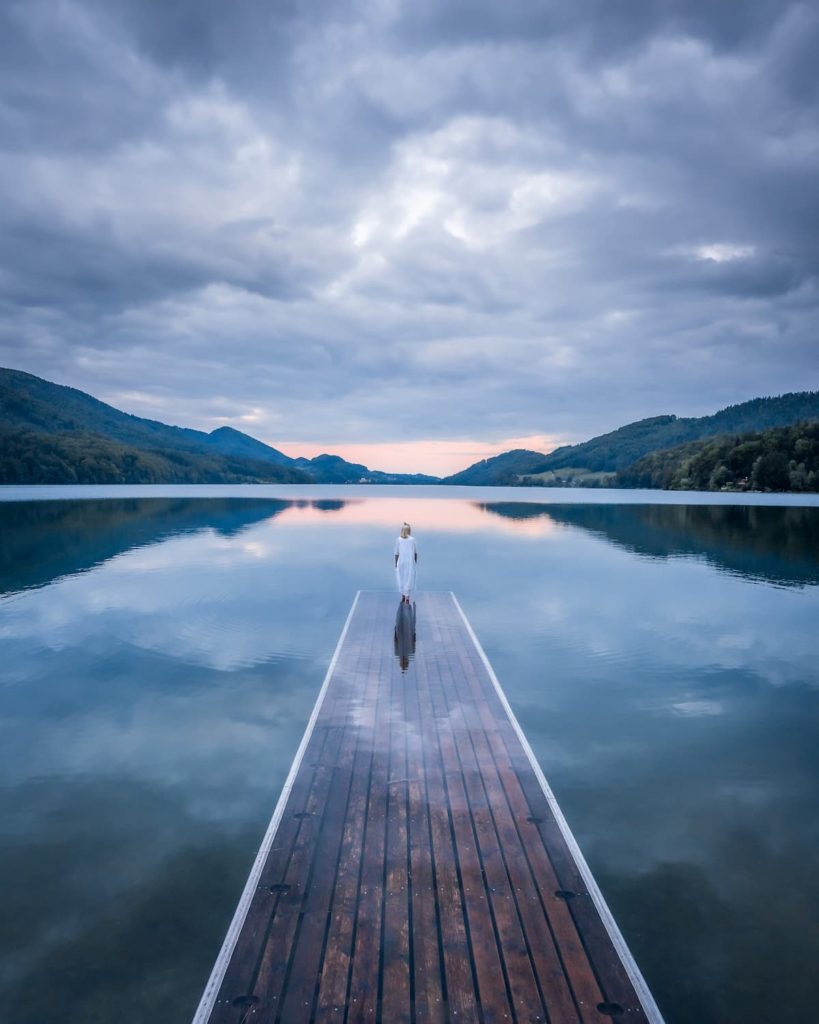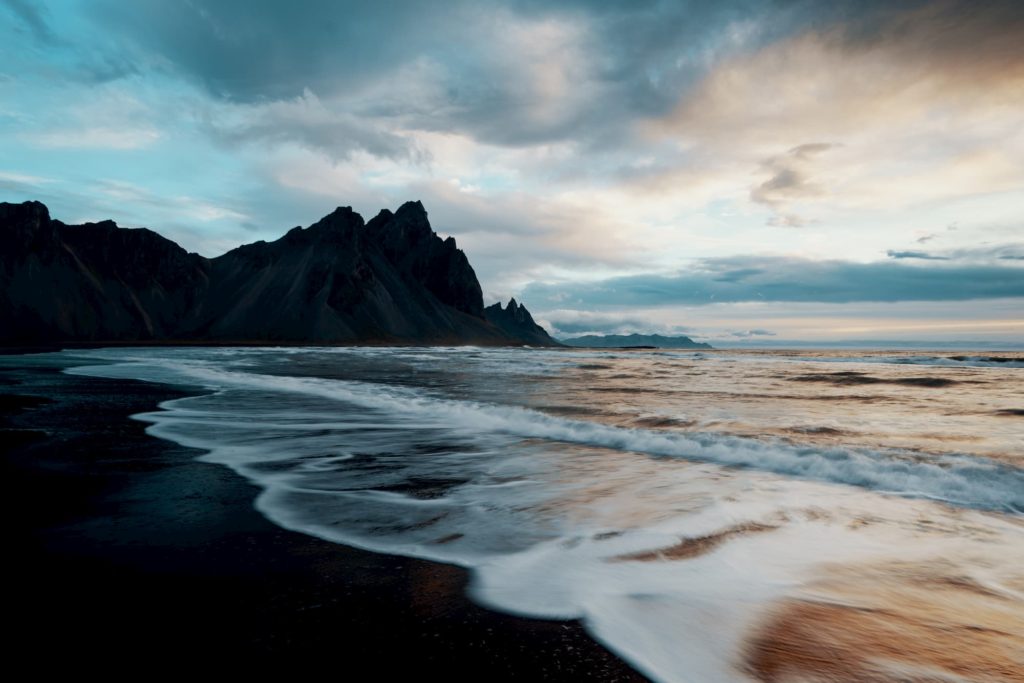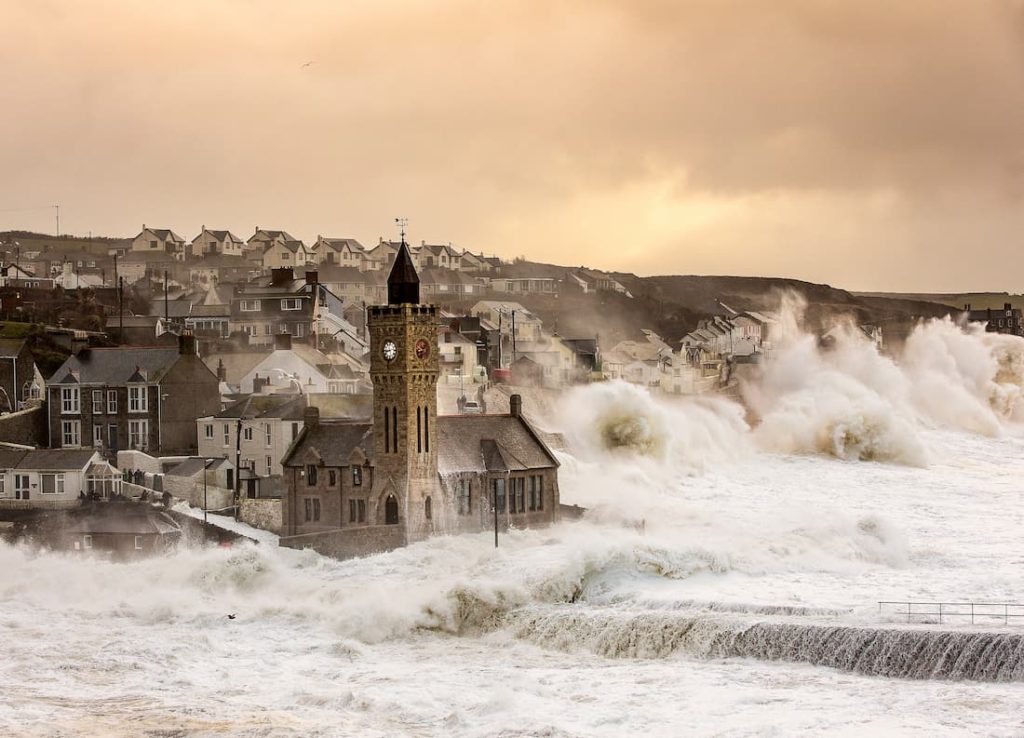
Patrick Meier
@patmeierphotography
Photographer based in Switzerland
“Once you get into photography, you will never see anything in the same way again.”
These were the words of my best friend’s dad, who ignited the photography spark in me a long time ago. At the time I had no idea how true these words were. Today, I often catch myself thinking in f-numbers while composing images in my head when I see a picturesque scenery.
"In the late 2000s, based in London, I bought my first DSLR camera. What started as an inquisitive hobby soon turned into a fascinating and rewarding passion in my life."
It was a time of trial and error with lots of experimenting and finding my own style. In 2014 I was invited by Getty Images Inc. to become a content contributor and to have the opportunity to sell my work to clients globally. I felt honored. This motivated me to take my photography to the next level. I started planning my shots in much more detail and often went out to get one particular picture. I also began to apply enhanced technical skills like focus stacking and others. Social media like Instagram also introduced me to a much appreciated exchange amongst fellow photographers.
"I only joined a few months ago, and it fuels me with inspiration for new photography endeavors."
"My beginnings are humble: As a youngster growing up in the Swiss Alps, I spent most of my early days in the mountains and forests nearby."
The mountains will always be one of my first loves. It has taken the hustle and bustle of the concrete jungle in London for me to rediscover it. I would often travel back from London and go on multi-day hikes and return to the UK with beautiful pictures and a clearer mind. Finally having made a permanent move back to Switzerland in 2016, I found my happy place – mountain photography. It’s not just taking pictures of stunning landscapes but also being out there, in the wild, with no one around. The only noises you hear are the wind in the grass, eagles whistling, clanging of cowbells down in the valleys and the odd rock or ice fall in the distance.
There is nothing that relaxes my mind and re-energizes my batteries more than exploring remote places, spending nights in my bivouac bag under a blanket of stars and getting away from all the madness in our daily lives. Returning back home with striking images, seeing the emotions in the faces of my audience when showcasing my pictures are the icing on top.
When people see my pictures they don’t often realize the effort that goes into the photography. I plan pictures well in advance and try to leave as little as possible to luck. It can take years for the conditions to be right to get my desired shot, and it takes hours and hours of planning and preparation: I constantly take notes of potential places and locations; I scan Google Earth; use hiking and weather forecast apps for clarity and accuracy for programs that show me where the sun, moon and milky way will be at certain times on certain days and how the light will hit the landscape around me. Often, I also call local authorities and guides to make sure the current conditions are safe enough. When climbing or crossing glaciers I hire mountain guides or when I do multi-day trips in exposed areas or off the official tracks, I always take a partner-in-crime with me, just in case.
"All this is then manifested into the final picture you see, which makes the hassle of carrying all my outdoor and photography gear up to high altitudes and finding a suitable spot to crash for the night, well worth it. "
Despite all of this, there is always the element of unpredictability. This is especially true in the mountains. Even with all the planning I still don’t exactly know what it will be like out there. Is there an obstacle I cannot overcome? What will the weather really be like? Is there wildlife in the area that I have to be aware of? It is essential to always have a plan B or even C, in case bad turns to worse? You always take calculated risks in the mountains but you cannot and should not force anything.
When I return home from adventures, it is time to embrace my supporting family and take a much needed shower. After that, I dry and clean my outdoor gear and photography equipment. And then the moment of truth – time to download my RAW files and have a first look at my pictures. A very exciting part of my photography process. I do quick first selections for post-processing. The majority of my post processing is done in Lightroom. However, I also use Photoshop, Nik Software or HeliconFocus for more complex editing like focus stacking and the likes.
Editing is an essential part of modern photography. Shooting in RAW means that my camera records as much data as possible, however, the RAW-file does not represent the actual initial image I see when taking the shot. Therefore trying to recreate the scene in post-processing with certain adjustments is very important and vital to do justice to the image, just like understanding light. Nevertheless, finding a good composition is vital.
"Even in bad conditions with flat light you can create impactful images simply by focusing on your composition."
Finally, quite frequently I get asked what equipment I recommend for my type of photography. Currently, most DSLR and mirrorless cameras are decent enough. So it can very much be a personal choice. Yes, top equipment helps in extreme weather or difficult lighting conditions, or when you need a super-fast and precise autofocus for wildlife photography.
Nevertheless, in the end, the most important element of photography is to just get out there, grasp the surroundings and focus on your vision. The pictures will come to you when you put in the effort – and love – to achieve your goals.
Would you like content like this sent to your inbox?
NOMADICT
ART GALLERY
THE LATEST STORIES
WRITEN WITH PASSION TO INSPIRE YOU
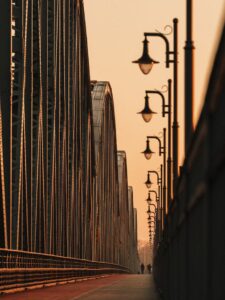
A guide to Toruń, Poland: A golden hour haven for telephoto tales in crimson and gold
Toruń, set along the Vistula River in north-central Poland, is a UNESCO-listed gem where Gothic brick façades glow in the last light of day. Small and unhurried, it’s a city made for slow wandering, and for watching golden hour turn terracotta rooftops into crimson and gold.
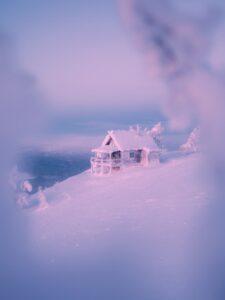
Kasper Rajasuo (@rajasuokasper): Best of the Week 46 at #nomadict
From childhood hikes to award-winning shots, Kasper Rajasuo’s journey is one of rapid evolution and deep connection. In this article, Kasper shares the technical secrets behind his “Santa’s Cabin” winning photo, the four lessons that defined his career, and how he uses color theory to transform harsh Finnish winters into dreamy, serene masterpieces.
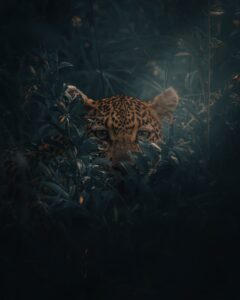
Andy Rider (@andyswildlife): Best of the Week 2 at #nomadict
Andy Rider is a passionate wildlife photographer and filmmaker based in South Africa, dedicated to capturing the raw beauty of nature while raising awareness about conservation. Inspired by legends like Steve Irwin, his journey began as a field guide, where he honed his skills and developed a deep respect for ethical wildlife photography.
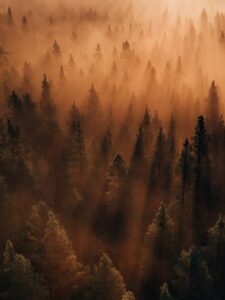
Philipp Pilz (@buchstabenhausen): Best of the Week 43 at #nomadict
In this article, photographer Philipp shares how time, clarity, and consistency have shaped his evolving relationship with nature photography. Drawn ever further north, he writes about embracing uncertainty, working with restraint, and finding beauty even when plans fall apart — including the unlikely story behind his Best of the Week–winning image.
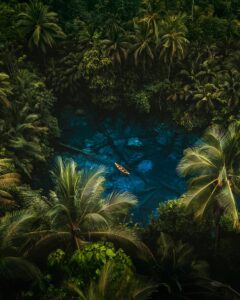
Tom Fähndrich (@tofenpics): Best of the Week 47 at #nomadict
Tom shares the journey behind his winning photography, from a passion for exploration and remote places to field lessons, composition choices, and color grading.
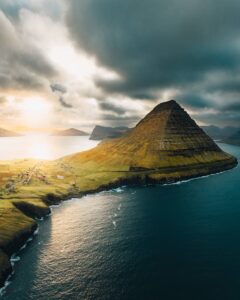
Photo tour in the Faroe Islands
Join us in the Faroe Islands for a unique photo tour, where you’ll elevate your creative skills with expert guidance from Ronald Soethje and Nomadict.
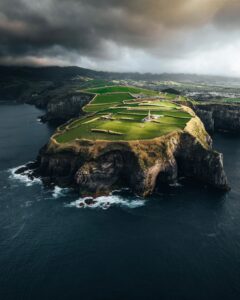
Photo tour in Azores, Portugal
Join us in the Azores for a unique photo tour, where you’ll elevate your creative skills with expert guidance from Ronald Soethje, Bruno Ázera, and Nomadict.
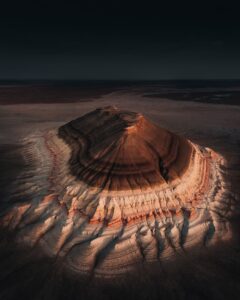
Forest Kai (@forest1kai): Photographer based in the US
In this article, Forest shares how years of chasing scale, silence, and raw landscapes shaped his approach to photography, from the deserts of Kazakhstan to the volcanic ridges of Iceland. He talks about how he uses light, texture, and vast negative space to create images that feel both intimate and overwhelming.
